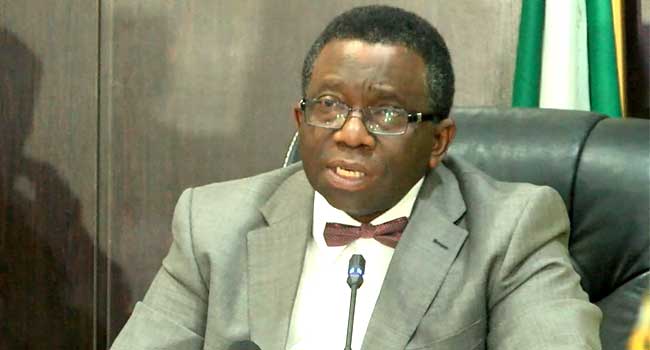 The Nigerian government has renewed its commitment to the revitalisation of ten thousand primary healthcare centres.
The Nigerian government has renewed its commitment to the revitalisation of ten thousand primary healthcare centres.
This new direction comes as the world commemorates the world health day.
Kemi Balogun reports that globally, millions of people still lack access to healthcare and in Nigeria, it is no different.
The world health organization believes that bringing out issues that affect global health will lead to an improvement and boost in economies
around the world. But millions of people around the world still do not have access to basic health care.
Millions more are forced to choose between health care and other daily expenses such as food, clothing and evening buying a home.
Although progress is being made in countries in some regions of the world, the world health organization’s number one goal is universal health
coverage.
What matters to the WHO Nigerian team at this walk to commemorate world health day is that there is “Health for all”
They are out to ensure that everyone can obtain the care they need, when they need it, right in the heart of their community.
Only recently president Muhammadu Buhari declared his worry over the increasing rate of medical tourism by Nigerians which contributes to the
country’s loss of 400 billion naira on an annual basis.
The president said that his administration is targeting 10,000 functional primary health care facilities
For the Nigerian government it is all about support and collaboration to get to the universal health coverage target.
The WHO believes that countries which invest in universal health care will make a sound investment in their human capital.
Globally, the world health organization is committed to getting one billion more people to benefit from quality health care services and
financial security by the year 2023.
And the access to a very bottom line of care and financial protection will not only truly improve health and life expectancy but will also protect
countries from epidemics.
It will also reduce poverty, reduce the risk of hunger, create jobs, drive economic growth and enhance gender equality.





